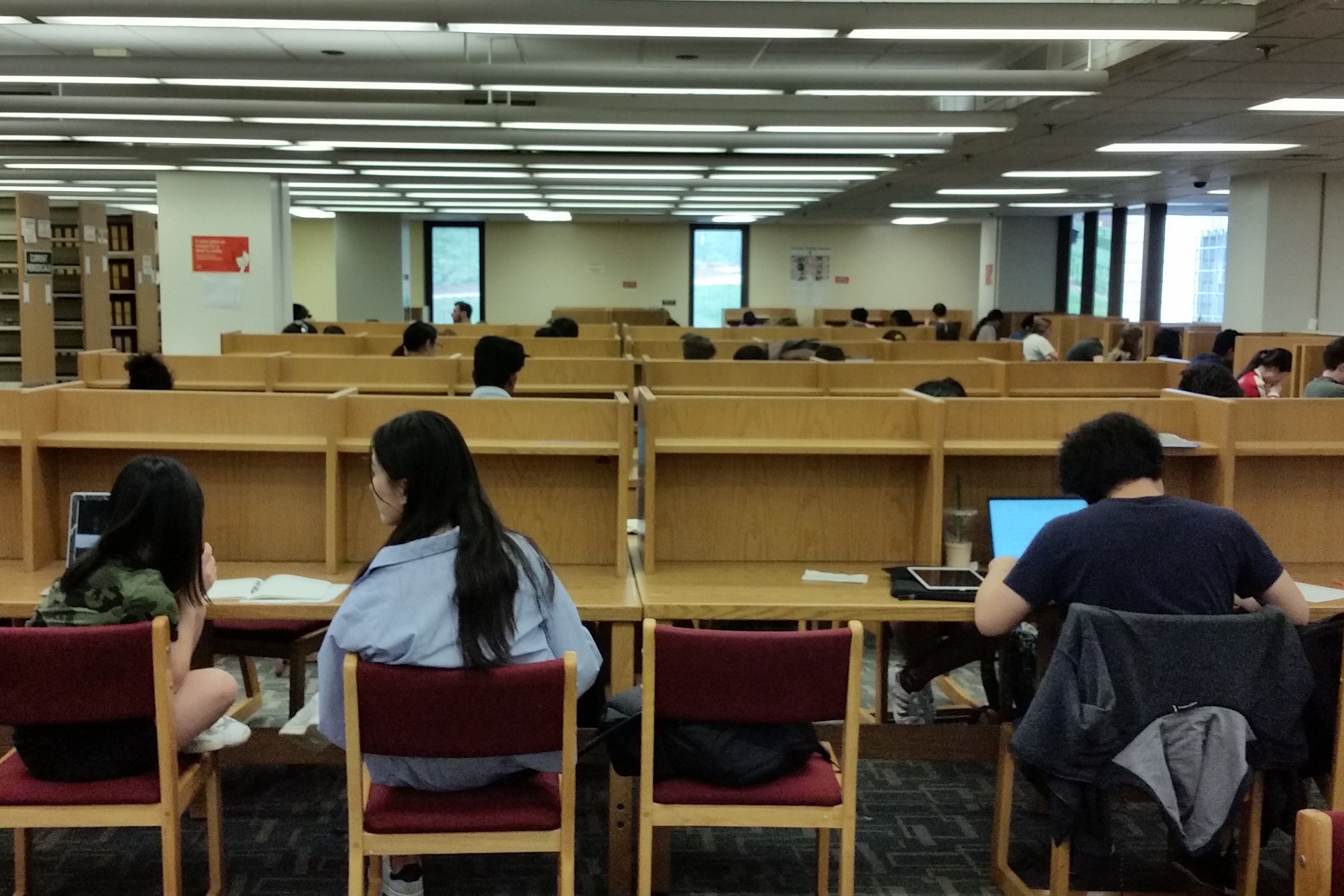Views expressed in opinion columns are the author’s own.
With the advent of the online semester, professors are facing difficult decisions about how to best restructure their exams. While some are forcing students to use the contentious Honorlock software, others are embracing the involuntary open-book nature of their assessments.
Fortunately, I’ve only had experience with the latter. In my biochemistry class, for example, my professor split one of our midterms into a few open-book quizzes on ELMS. To prevent compromising the integrity of these assessments, he made it clear that these assessments would focus less on regurgitating information or plugging in numbers and draw upon higher levels of thinking. Accordingly, I’ve noticed that some of the questions reference a lot more applications of the content and are more synthetic in nature.
This feels like a breath of fresh air compared to some of the standard exams I’ve taken. Not only are open-book exams less stressful, but I feel like I’m actually honing my critical thinking skills and engaging with the content. Open-book exams should become a more popular alternative for assessing student performance.
On a large portion of the standard exams I’ve taken so far, the questions reflect a greater emphasis on breadth rather than depth. Exams that are structured this way encourage students to focus more on recall than comprehension. In some of my past classes, “studying” for an exam usually involved rote memorization of the material to the point that I could recall it quickly enough on the test. For my more detail-oriented classes, I’d be under a lot of stress to memorize everything to minimize the chance of encountering an unfamiliar concept on the test.
For open-book exams, however, the same strategy would lead to failure. Obviously, the questions on open-book exams aren’t ones that you can answer with your notes in front of you. As a result, in order to efficiently study, you need to develop a deeper understanding of the material. One way you can do this is by applying these fundamental concepts in unfamiliar contexts. I’ve recently noticed that when I read through my notes I meditate more on how the material applies to my everyday life.
Despite the greater emphasis on critical thinking, there are still some clear issues with open-book exams. It’s possible that students would be disincentivized to study for a test when they’re allowed to bring their notes with them. And there could be issues with grading becoming more arbitrary or time-consuming, especially if the questions are more open-ended.
To account for these drawbacks, professors could impose an appropriate time limit on exams and be more lenient with answers. A time limit on an open-book test would force students to use their time efficiently, ensuring that students need a solid mastery of the material to do well since they ideally would only be using their notes to refresh themselves on a specific concept or detail.
A more lenient grading scheme would honestly be wholly beneficial. While the grade a student earns should reflect their mastery of the content, I don’t see why some professors feel the need to treat an “A” as a scarce commodity. Some of the most prestigious universities across the nation have the highest average GPAs.
Open-book exams would reduce the stress that students experience and encourage students to fully master the content. In doing so, these students are honing their analytical abilities. Ultimately, the higher-order thinking that an open-book exam promotes will extend beyond the classroom and be indispensable to a student’s professional life.
Kevin Hu is a sophomore physiology and neurobiology major. He can be reached at kevxhu@gmail.com.



